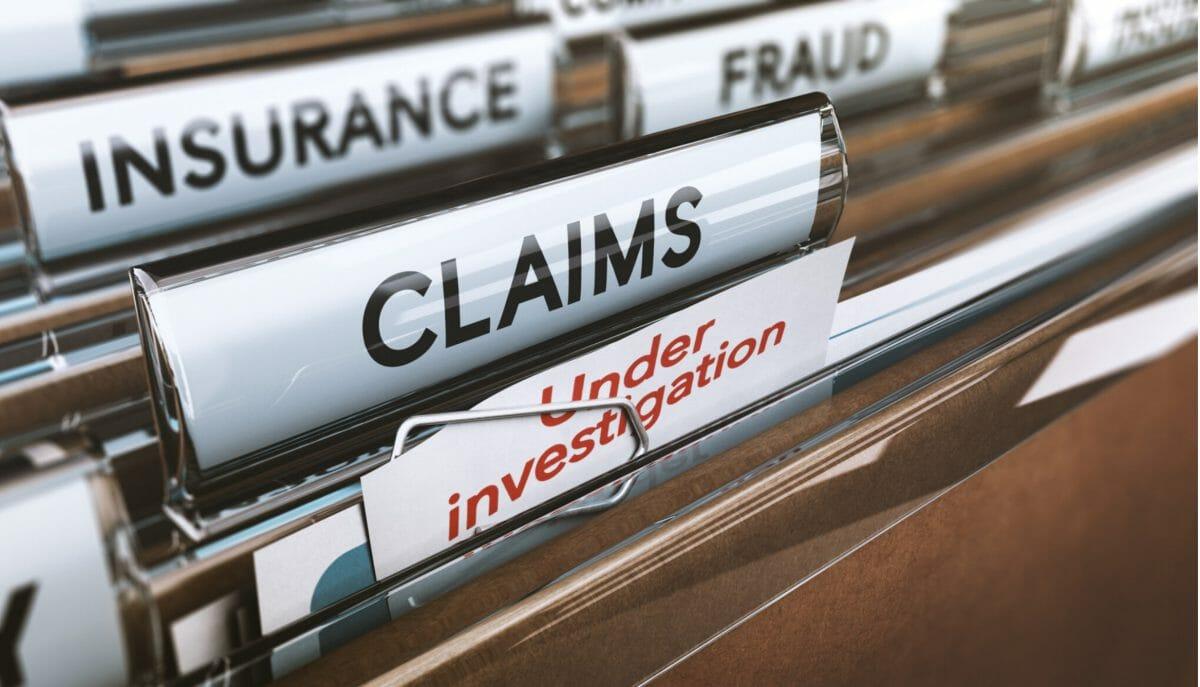Being involved in a truck accident can be a traumatic experience, and dealing with insurance companies in the aftermath can add to the stress. Insurance companies play a hefty role in the claims process, as they are responsible for evaluating and potentially compensating for damages incurred in the accident.
However, it is important to approach interactions with insurance companies carefully to avoid common mistakes that could potentially harm your claim. Let’s explore the top mistakes to avoid when dealing with insurance companies after an Indiana truck accident and provide valuable insights on navigating the process effectively.
Not Seeking Legal Representation
Generally, one of the most significant mistakes is navigating the claims process without legal representation. Truck accident cases can be complex, involving multiple parties, extensive damages, and intricate insurance policies. A truck accident lawyer in Carmel can provide invaluable guidance, protect your rights, and advocate for the full and fair compensation you deserve.
They understand the tricky tactics used by insurance companies and can help you build a strong case, gather necessary evidence, and negotiate with the insurance company on your behalf. They will ensure that you are not taken advantage of and receive the maximum compensation for your injuries and damages.
Admitting Fault or Minimizing Injuries
Another one of the biggest mistakes individuals make when interacting with insurance companies is admitting fault or downplaying their injuries. It is crucial to avoid making statements that could be interpreted as taking the blame for the accident or downplaying the severity of your injuries. Even if you believe you may have contributed to the accident, it is best to consult with an attorney before admitting any fault. Stick to the honest facts when talking about the accident and focus on providing accurate and detailed information.
Providing a Recorded Statement Without Legal Counsel
Insurance companies may request a recorded statement about the accident. While it may seem harmless, providing a recorded statement without legal representation can be risky. Insurance adjusters are specially trained to ask specific questions that could potentially be used against you later.
They may try to bring out statements that could shift the blame or minimize the impact of the accident. It is best to consult an experienced truck accident attorney before providing any recorded statement to protect your rights. Your attorney can guide you on what information to provide and help you avoid potential pitfalls that may be used against you.
Accepting a Quick Settlement Offer
Insurance companies often aim to settle claims quickly and for the lowest possible amount. They may approach you with a quick settlement offer in hopes of closing the case swiftly. However, it is important to be cautious when presented with a quick settlement offer, as it may not adequately compensate you for the full extent of your damages.
Take the time to evaluate the offer and talk more with an attorney who can assess the true value of your claim and negotiate for a fair settlement on your behalf.
Providing Incomplete or Inaccurate Information
When filing a claim, it is essential to provide complete and accurate information to the insurance company. Failure to do so can result in delays or even a denial of your claim. Make sure to gather all relevant documents, such as police reports, medical records, and repair estimates, and provide them promptly to the insurance company.
Double-check your statements and ensure that all details are accurate to avoid potential issues. Providing incorrect or incomplete information may give the insurance company a reason to challenge the validity of your claim or offer a lower settlement amount.
Signing a Release or Settlement Agreement Without Reviewing it Carefully
Before signing any documents, such as a release or settlement agreement, it is crucial to review them carefully. These documents may contain clauses that could limit your rights or prevent you from pursuing further compensation in the future. Insurance companies may try to include language that releases them from future liability or restricts your ability to seek additional damages.
Again, consulting with an attorney can help ensure that you fully understand the terms and implications of any agreement before signing. An attorney can review the agreement, negotiate any necessary changes, and protect your rights to pursue fair compensation.
Failing to Document Evidence and Damages
Proper documentation is key in supporting your case and ensuring you receive the compensation you are owed from injuries sustained. Failing to document evidence, such as photographs of the accident scene, vehicle damage, and your injuries, can weaken your case. It is important to take photos after the accident as soon as possible to capture the damage’s extent and any visible injuries.
Also, keep a detailed record of all medical treatments, expenses, and other damages you have incurred. This documentation will help demonstrate the extent of your injuries and the financial impact of the accident. It is also beneficial to keep a journal to record the pain, suffering, and emotional distress you experience due to the accident.
The Bottom Line
In conclusion, avoiding these common mistakes when dealing with insurance companies after an Indiana truck accident is crucial for protecting your rights and maximizing your chances of receiving fair compensation. Keep in mind, it’s best to be cautious with your statements, seek legal counsel, thoroughly document your damages, and review all agreements carefully.Taking these precautions, will help you confidently navigate the claims process and work towards obtaining what’s needed to recover and move forward with your life.
